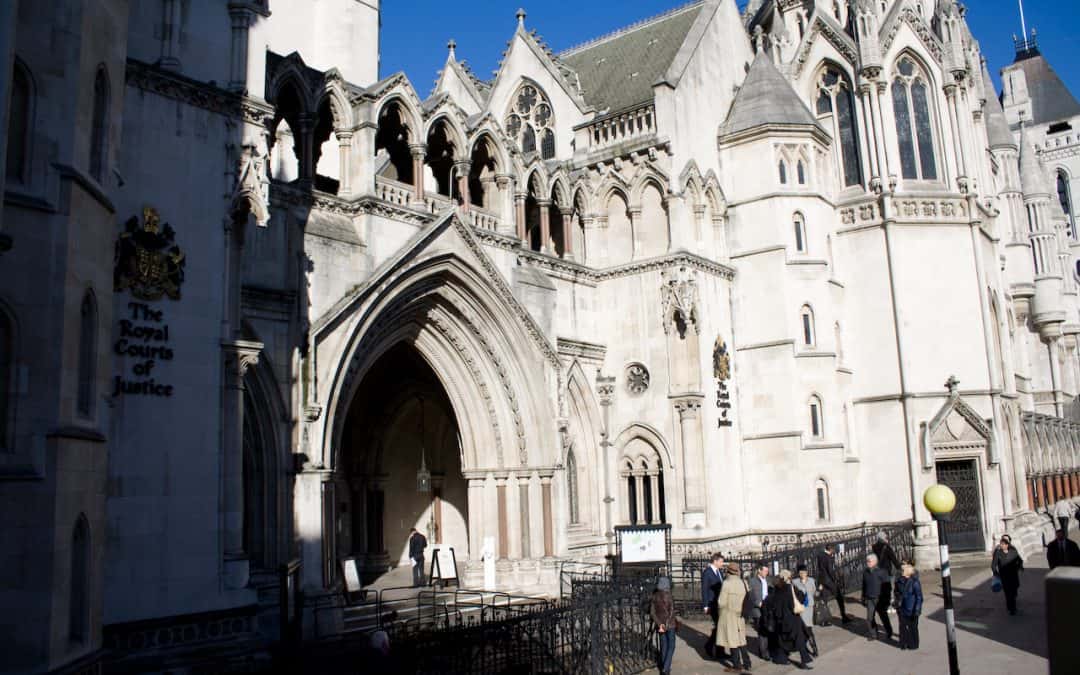Great Ormond Street Hospital for Children -v- Gard
This blog post updates a previous post here
The Court of Appeal has decided that the treatment of Charlie Gard can be withdrawn.
The case concerned an eight-month-old child, Charlie Gard, who suffers from Mitochondrial Depletion Syndrome, a rare genetic condition that causes brain damage and muscle weakness. Charlie has been reported to be deaf and blind and is unable to breathe without a ventilator. The medical professionals at Great Ormond Street Hospital responsible for Charlie’s care stated that it was not in Charlie’s best interests to continue treatment. Charlie’s parents disagreed and raised over £1.2 million, in order to take Charlie to the US where he would be able to undergo nucleoside bypass therapy. Great Ormond Street Hospital applied to the court for permission to withdraw Charlie’s treatment and move him to a palliative care programme. By their application dated 24 February 2017, they asked the court to make the following orders:
- that Charlie, by reason of his minority, lacks capacity to make decisions regarding his medical treatment;
- that it is lawful and in Charlie’s best interests for artificial ventilation to be withdrawn;
- that it is lawful and in Charlie’s best interests for his treating clinicians to provide him with palliative care only; and
- that it is lawful and in Charlie’s best interest not to undergo nucleoside therapy; provided always that the measures and treatments adopted are the most compatible with maintaining Charlie’s dignity.
The High Court decision was heard on 12th April 2017. Mr Justice Francis stated that, ‘The duty with which I am now charged is to decide, according to well laid down legal principles, what is in Charlie’s best interests.’ He further stated that, ‘The relevant legal principles which guide the exercise of my jurisdiction are well settled. It is important that I stress that I am not applying a subjective test, I am not saying what I would do in a given situation but I am applying law. Referring to the judgment in Wyatt v Portsmouth NHS Trust [2005] EWHC 117 in which it was stated that,
The judge must decide what is in the child’s best interests. In making that decision, the welfare of the child is paramount, and the judge must look at the question from the assumed point of view of the child. There is a strong presumption in favour of a course of action which will prolong life, but that presumption is not irrebuttable.
On application of the best interests test, Mr Justice Francis decided that it was not in Charlie’s best interests. On reviewing the evidence of the doctor in the US, he found that he was ‘unable to indicate from any scientific basis whether a patient with encephalopathy would respond positively.’ Mr Justice Francis therefore cast doubt upon the effectiveness of the nucleoside bypass therapy. He stated that,
There is unanimity among the experts from whom I have heard that nucleoside therapy cannot reverse structural brain damage. I dare say that medical science may benefit, objectively, from the experiment, but experimentation cannot be in Charlie’s best interests unless there is a prospect of benefit for him.
Court of Appeal
Charlie’s parents appealed the decision. Richard Gordon QC, who led Charlie’s parents’ legal team stated that the case raised “very serious legal issues”. The Guardian have reported the argument of the Health Trust, that “There is significant harm if what the parents want for Charlie comes into effect,” and that “The significant harm is a condition of existence which is offering the child no benefit.” Lord Justice McFarlane praised Charlie’s parents’ composure and dignity and said: “My heart goes out to them.” However, Lord Justice McFarlane, Lady Justice King and Lord Justice Sales all agreed the decision of the lower court. Lord Justice McFarlane stated that traveling to the US for treatment “would expose Charlie to harm”.
Media Comment
This case has attracted significant media attention and there has been strong public support for the parents. Questions have been asked as to who has, and who should have, the right to decide on behalf of a child. Comments have also been made regarding why the decision over Charlie’s medical treatment lay in the hands of the judge.
Following the High Court decision, media reactions were been critical of the medical profession. For instance, Researching Reform have accused the medical profession of ‘Professional arrogance’ and referred to those who believe that withdrawing treatment is in Charlie’s best interest as ‘The anti treatment lobby’.
Comparisons have been made to other cases where children and parents who have been affected by a withdrawal of treatment decision. In 2014, the parents of Ashya King removed him from Southampton General Hospital and took him abroad for proton therapy, which he was unable to receive on the NHS. Ashya is now said to be in school and cancer free. The Sunday Express have reported that another young boy called Maxwell, aged 5, has received the therapy that Charlie’s parents are seeking, for a mitochondrial condition (although not the exact same condition as Charlie’s). It has been said to have significantly improved the condition.
The case has also been used to highlight the difficulty in accessing legal aid. Charlie’s parents were above the income threshold and therefore not entitled to legal aid. The case was able to go ahead because the legal team were working on a ‘pro bono’ basis.
http://thejusticegap.com/2017/04/14880/
Media reports on the Court of Appeal decision appear thus far to have remained impartial, reporting the key findings of the judges whilst we await publication of the full judgment.

This is a tragic case. Money has been raised and the parents should be allowed that glimpse of hope.
I am very upset for all concerned.